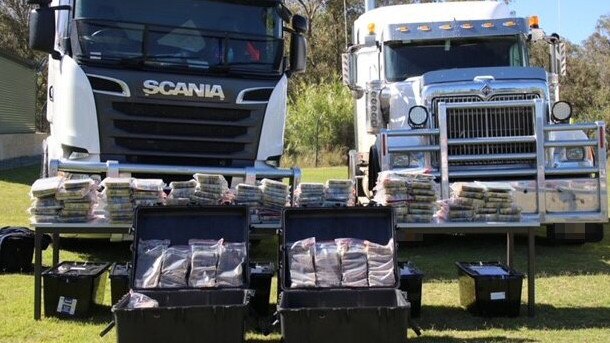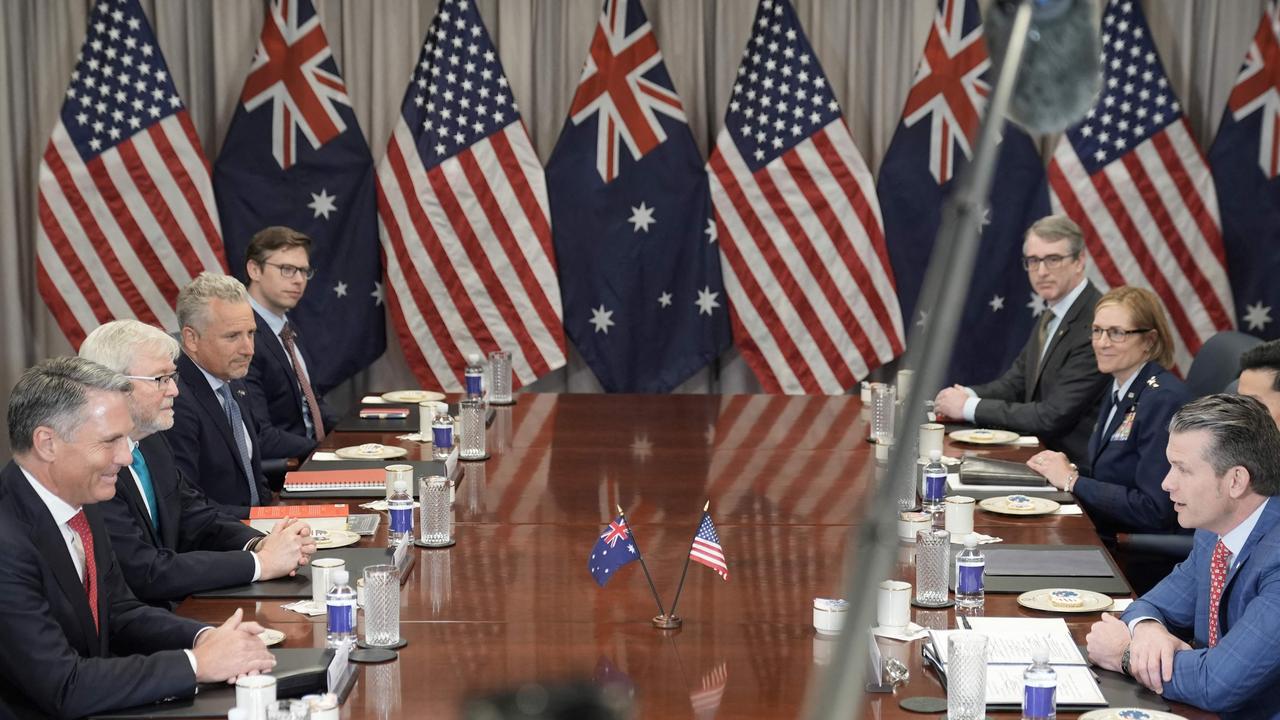Police to cash in on Covid chaos
Disruptions to money laundering networks and techniques have forced organised crime figures to stockpile cash, paving the way for major police seizures.

Disruptions to money laundering networks and techniques have forced organised crime figures to stockpile cash, paving the way for major police seizures.
The NSW Crime Commission says several money laundering networks ground to a halt this year as the community avoided using banknotes and commercial activity slowed or ceased due to the pandemic.
A pause in trading at casinos, and at hotels and clubs with poker machines turning over high volumes of cash, and the end of casino junket tours also reduced avenues for money laundering, the agency says.
There had also been a dramatic reduction in the use of “cuckoo smurfing”, a technique involving deposits of small amounts of cash under the $10,000 mandatory reporting threshold into the bank accounts of unwitting third parties.
“This resulted in the stockpiling of large amounts of money,” the commission’s latest annual report says. “From February to July 2020, there was a noted increase in the volume of money detections.
“In two police vehicle stops, one in Queensland and one in South Australia, officers seized a total of approximately $7m.
“In both cases, it was suspected that the money had been generated in NSW.
“This activity will likely continue until normal business transactions resume, thus providing law enforcement agencies opportunities to disrupt the money flow of established organised crime networks.”
Significant cash seizures continue to be seen across the country. WA police this month said they had seized $32m in cash across five separate operations in less than six weeks, as part of multi-agency investigations targeting drug traffickers. That included $13m found on one truck in the Goldfields last month, a national record.
Laying out crime trends, the commission’s report says reduced air travel meant international drug syndicates were unable to send shore parties to Australia to collect and distribute illicit drugs. As a result, locals were likely recruited into the roles as replacements.
With reduced opportunities for Australian syndicate members to travel overseas to negotiate and arrange drug importations, the use of dedicated encrypted networks had increased and were “now regarded as essential tools for organised crime networks”.
The report also reveals there is commission intelligence indicating a high-ranking bikie is an investor in a large encrypted phone network, and associates are involved in the distribution of the handsets nationally.
It is understood this refers to a Comanchero bikie having a suspected investment in the Ciphr network, which charges users $2500 every six months for the use of specially modified phones designed to guarantee secrecy.
The “most significant development” was the increase in kidnapping, the report says. The commission was aware of more than a dozen cases in which victims were allegedly involved in organised crime in NSW.



